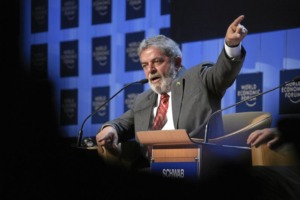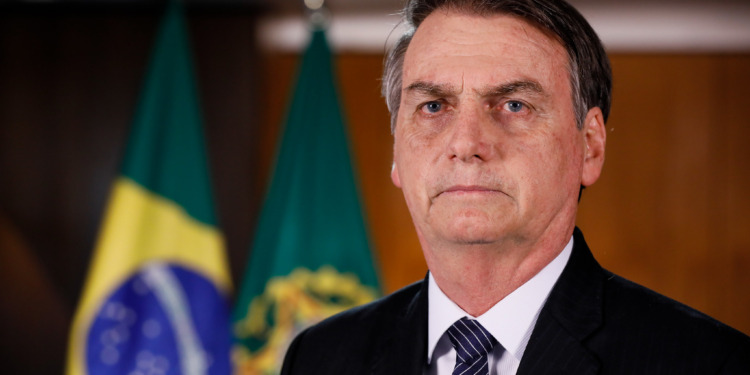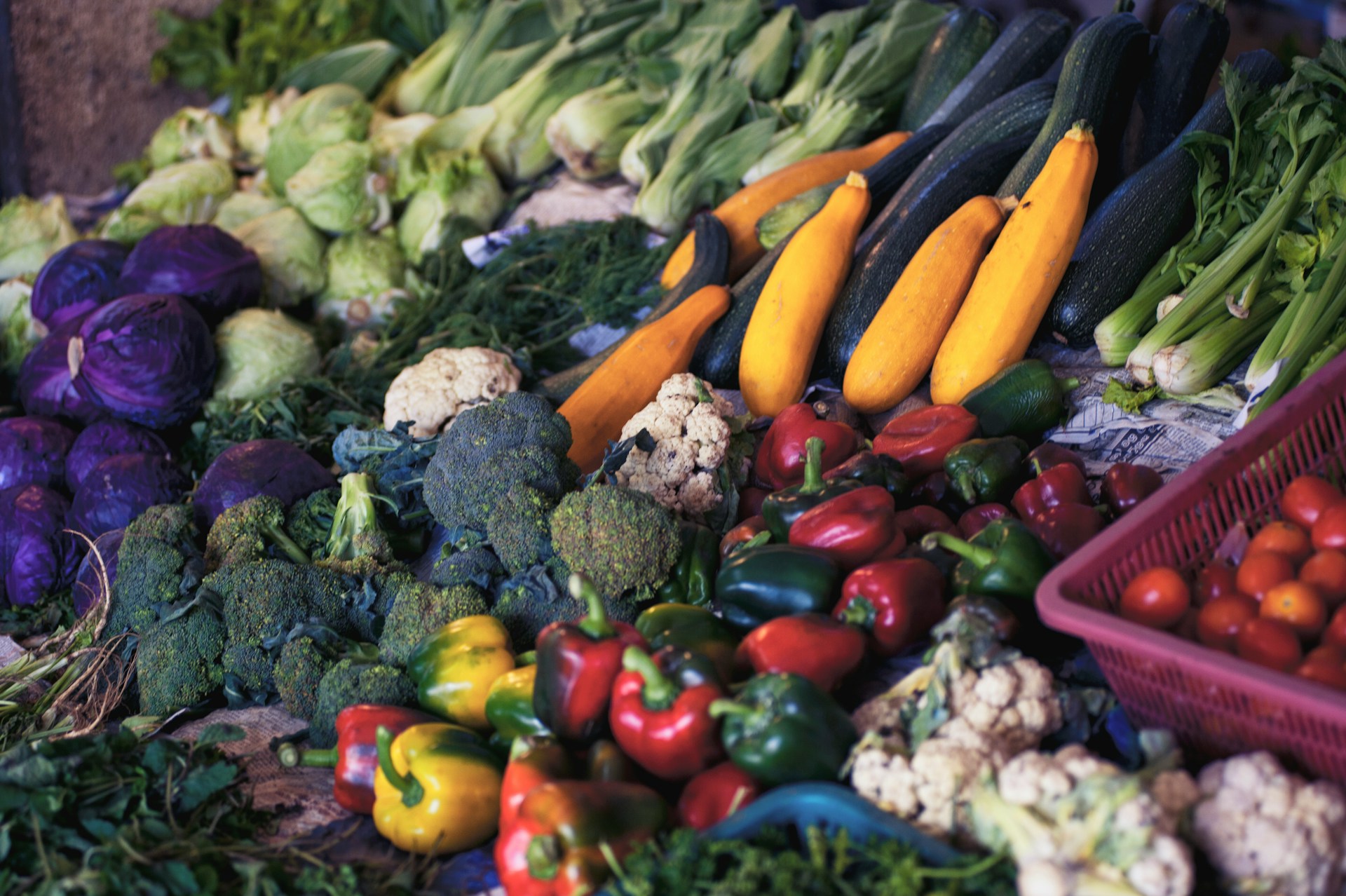In an outcome unexpected by pollsters and analysts, the presidential elections in Brazil will end in a runoff between Luis Inácio da Silva, leader of the left-wing Workers’ Party, and Jair Bolsonaro, the incumbent President representing the Liberal Party.
To be elected in the first round, a candidate requires at least 50% of the vote. It was predicted that da Silva, known as “Lula,” would far exceed this figure given the discontent that Bolsonaro has stirred up during his four years in power.
However, it was announced on Sunday night that da Silva had fallen short with 48.4% of the votes, Bolsonaro having outperformed the odds and attained 43.23%.
The two will face off on October 30 as Latin America’s largest nation decides whether to side with da Silva, the country’s formerly beloved President who has since spent 19 months in prison on corruption charges, or Bolsonaro, believed by his fans to be a legendary leader but whose attitude towards the Amazon rainforest puts the world’s environmental health in peril.
#Lula just too the lead in the #Brazil elections, inching just ahead of #Bolsonaro. This crowd in São Paulo going berserk. 70% of votes now counted. @NewsHour @pulitzercenter pic.twitter.com/72DvOk72Ie
— Jane Ferguson (@JaneFerguson5) October 2, 2022
A Two-Man Race
The election has been believed to be a two-man race from the start, with da SiIva and Bolsonaro divisive enough to draw voters if not in support of their policies, then in opposition to their adversary’s.
Da Silva’s promises are rooted in his accomplishments as President from 2003 to 2010. During these terms his administration helped to lift 20 million Brazilians out of poverty through the introduction of radical socio-economic programmes like “Bolsa Família” (“Family Allowance”), that directed money towards low-income households.
He left office as one of the most popular politicians the country had ever seen. Having risen from poverty himself as the child of illiterate farm workers, he personified the cause he represented and was instrumental in Brazil’s shift away from conservatism towards working-class interests.
Public opinion of da Silva took a dramatic turn in 2017 as many members of his Workers’ Party were convicted of accepting bribes, and Lula himself was arrested and charged with accepting a condo and renovations from construction companies in exchange for government contracts. This conviction resulted in a sentencing to 22 years in prison.
The ex-President served 580 days of this time before the Supreme Court threw out the charges, ruling that the judge responsible for the trial was corrupt.
Lula’s resurrection as a political figure has divided the populace, as many continue to view him as an ex-convict who headed a vast governmental corruption scheme.
However, da Silva’s vows to raise taxes on the rich, boost public spending, lift the minimum wage in line with inflation, and install a variety of social programmes, have caused many of the nation’s working class to rally around the politician and the Workers’ Party once again.
Lula won 1st place in the presidential elections! He will now face Bolsonaro in the run-off election in Brazil
Here's 5 reasons why Natives and leftists should support Lula da Silva for the run-off on October 30th! A Thread
1/ pic.twitter.com/nhShbcbImk
— New Amauta (@AmautaNew) October 3, 2022
Bolsonaro, the incumbent President, has similarly promised to aid the poor with monthly cash payments of around $113. He also pledges to reduce taxes, invest in technology, and create jobs by eliminating bureaucratic red tape.
Related Articles: President Bolsonaro Faces Charges of Crimes Against Humanity for Covid Response | Is Brazil “Greenwashing” Its Climate Record?
Following his election in 2019, which he achieved through riding the backlash against da Silva, Bolsonaro’s actions have set much of the population against him.
Perhaps most notable was his handling of the Covid-19 pandemic. He referred to the virus as a “little flu” and delayed buying vaccines for the country, an error which is at least partly to blame for the 686,000 Brazilians who died as a result of the pandemic.
A new analysis conducted for UK-based Carbon Brief found that if Brazilian President Jair Bolsonaro were to lose the presidential election to challenger Luiz Inácio Lula da Silva, 75,960 sq km (29,328 sq mi) of the Amazon rainforest could be saved from deforestation by 2030. pic.twitter.com/9E15ac0U7c
— NowThis (@nowthisnews) September 26, 2022
The Amazon: Defend or Deforest?
Treatment of the Amazon has played a key role in defining Bolsonaro’s beliefs and what his continued Presidency could mean for the country.
The rainforest – 60% of which grows within Brazil’s borders – lost 5,033 square miles of tree cover in 2021, the highest rate of deforestation since 2005.
Such devastation is an unsurprising consequence of Bolsonaro’s decisions to loosen regulations and scale back environmental protections, changes that have allowed mining and logging to expand rapidly.
Bolsonaro stands by these decisions and supports the belief that Brazil is entitled to the “sustainable use of its natural resources,” though “sustainable” is clearly being used very loosely here.
Da Silva takes the opposing view, recently stating to reporters that “the Amazon is in the interests of humanity’s survival and, therefore, everyone has a responsibility to help take care of [it].”
The leftist candidate, if elected, promises to stop deforestation through increased enforcement and protection regulations.
Consistent with these pledged actions, in regards to climate change, Lula’s 121-point programme, “Rebuild and Transform Brazil” promises to instil a slew of new green initiatives and support Brazil’s “ecological transition to a low carbon economy.”
Bolsonaro has outwardly promised similar action in the face of the climate crisis, pledging to bring the country to climate neutrality by 2050 and end illegal deforestation by 2030.
However, his actions speak to different aims: he has dismantled several government divisions dedicated to climate change and maintains within his Cabinet members who are openly hostile towards the fight against global warming.

Foreign policy
Bolsonaro and da Silva also differ wildly in their approaches to foreign policy.
Bolsonaro is inherently “anti-globalist.” Since his election four years ago he has aligned himself with former US President Donald Trump, who in fact urged the country to support Bolsonaro, heavily criticising China and questioning the validity of both the US and Brazil’s elections. These actions have contributed to Brazil’s increasing isolation on the international stage, weakening links particularly with Europe and China.
In contrast, da Silva represents a return to the more traditional foreign policy stance his government had from 2003 to 2010. In these years alliances were established with strategic partners like Argentina and China, countries that shared many of the same values, objectives, and socio-economic features as Brazil. In this revival however, he promises an even greater emphasis on multilateralism and international cooperation.
#Brazil
| In Brazil's presidential election, Lula defeats Bolsonaro by more than 5,000,000 votes in the first round. The left-leaning former president Lula will now compete against the far-right Bolsonaro in the second round on 30 October. pic.twitter.com/HN9HJucpkQ
— The International Magazine (@TheIntlMagz) October 3, 2022
The men will sustain their campaigning throughout the rest of the month though both politicians and their steadfast supporters seem to be assured of their side’s inbound success.
Luiz Sartorelli, a software salesman in Sao Paulo, has asserted that “the only thing that can take victory from Bolsonaro is fraud” before ominously adding “if you want peace, sometimes you have to prepare for war.” This statement could appear hyperbolic had Bolsonaro himself not announced in a recent speech, “if necessary, we will go to war.”
Speaking to the opposing side, the Workers’ Party and da Silva, Vivian Casentino, a cook from Rio de Janeiro, stated “he’s the candidate of the people, of the poor (…) He’s like us. He’s a fighter.”
Whether Bolsonaro or Lula will claim victory, and what these results will spark, will be revealed at the end of this month. Until then, citizens of Brazil will be left wondering what another four years of Bolsonaro, or a return to Lula, could mean for their family’s income, the country’s political relations, and the world’s climate.
Editor’s Note: The opinions expressed here by Impakter.com columnists are their own, not those of Impakter.com.— Featured Photo: Jair Bolsonaro on April 24 2019. Photo Credits: Palácio do Planalto.










